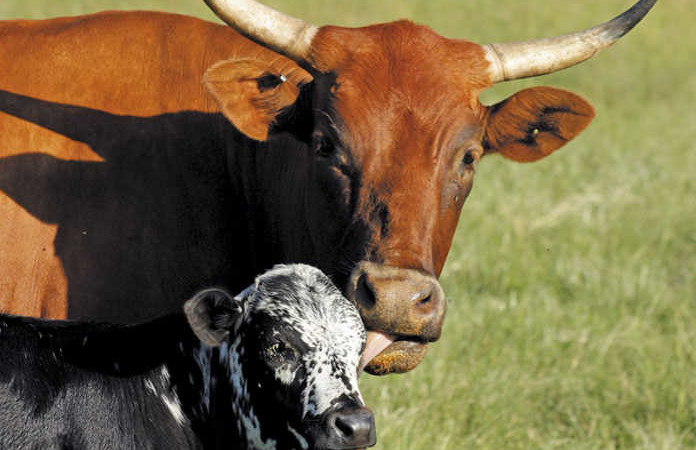

Cattle farming means that you are signing up for more work than any person can possibly get done. Of course, at the end of the week, some chores will be left undone. The difference between good farmers and those that will struggle is that good farmers know which chores are most important and tackle those first. Here are five chores that you can’t afford to put off on your cattle farm.
1. Fence checking and repair
Cows are big, strong animals and they can quickly demolish what once was a sturdy fence. You should be in a regular habit of checking your fences to make sure that your cows won’t make a grand escape at the worst possible moment. Once you find a spot that needs repair, don’t put it off.
2. Castration
If you are not planning on using your bull calves for breeding, you should probably castrate them within the first day or two of their lives. It is more ideal to tag and castrate calves as soon as you find them, typically on the first day. After that point, chasing them down to castrate them gets more complicated. A several-week-old calf is much stronger than it looks, and what can be a one-person job at birth can quickly become a task that takes several people. Additionally, when you wait longer than a few days to castrate, the calf will get very excited, causing the testicles to draw up closer to the body. You may end up missing one or both of them with the elastrator during the wrestling match.
If you don’t castrate in the first few weeks, you will have lock your bull calves in a squeeze chute to do the deed. Don’t let a bull calf get older than about six months old before you have made him a steer. The older they get the more “bullish” they become and the harder they are to handle. Bull calves mature much more quickly than you might think and even a short, yearling bull may be able to breed much bigger cows.
3. De-horning
If you have decided to remove the horns from your herd of animals, this is one job that is much easier to do when a calf is very small. Using a horn burner, dehorning is a 15-minute job when a calf is a few weeks old. However, if you wait too long, a vet must remove the horns. Infection is always a risk when you are removing horns on an older animal, so don’t put off this task.
4. Worming
Cattle are often sold by a kilogram, so a worm infestation can cost you money. Talk to your vet about your worming regimen and stick to it. You don’t want that expensive grain and hay going to feed parasites, so be proactive in keeping your herd parasite free.
5. Weed Eradication
Cattle farming is not much different from farming other types of crops because you are completely dependent on the fields. Your cows will do best on high-quality, weed-free pasture. Every weed that is in your field is taking up water and nutrients that good grasses and legumes won’t be able to access. Additionally, one thistle or burdock plant that goes to seed can spread thousands of seeds. This could cause you years of headache if all of them were to take root. Whether you use herbicides, bush-hogging or an old-fashioned hoe, eradicate weeds before they go to seed.
Just like in any other job, farming requires you to be proactive. If you wait too long to do any of the above jobs, you will end up with more headaches in the long run.
 Contact Jaguza Support
Contact Jaguza Support